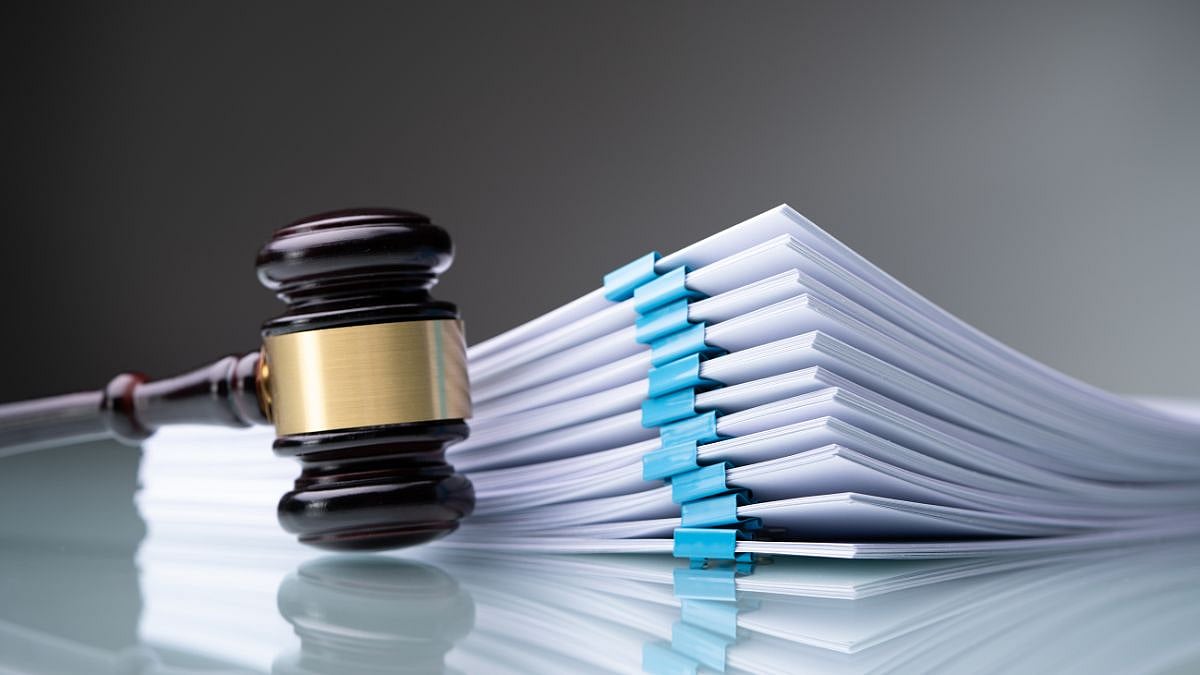Delhi High Court Raises Concerns Over SSC Directive Banning Discussion of Exam Question Papers
The Delhi High Court has expressed serious concern over a recent directive issued by the Staff Selection Commission (SSC) that prohibits candidates from discussing, analysing, or sharing question papers of conducted exams on social media. The court termed such restrictions as potential “gag orders.”
HC Bench Critiques SSC Directive
A bench comprising Chief Justice DK Upadhyay and Justice Tushar Rao Gedela raised the issue while hearing a petition filed by Vikas Kumar Mishra, which challenges the SSC’s notification dated September 8. The court observed, “After coming out of the exam hall, the first thing that we used to do was… what is this? How is this being prohibited in the notification? You can’t put such gag orders…you can’t discuss the paper?,” as reported by Law Trend.
The bench has issued notices to the Centre and the SSC, directing them to submit their responses before the next hearing scheduled for December 17, 2025.
Petition Challenges SSC’s Action
According to a Hindustan Times report, the plea argues that the SSC directive is “illegal, arbitrary, and perverse,” claiming it violates the right to freedom of speech guaranteed under Article 19(1)(a) of the Constitution. The petition further states that the notification imposes “unreasonable restrictions” on post-exam discussions and should therefore be quashed.
SSC’s Stand: Protecting Exam Integrity
Last month, the SSC issued a caution against sharing or posting question papers on social media under the newly enacted Public Examinations (Prevention of Unfair Means) Act, 2024 (PEA Act, 2024). The commission cited instances where candidates and content creators shared examination material, asserting that such acts fall under “unfair means.”
Key provisions under the PEA Act, 2024, include:
- Section 3: Prohibits leakage, access, possession, or sharing of exam papers without proper authority.
- Section 9: Specifies that all offences are cognisable, non-bailable, and non-compoundable.
- Section 10: Prescribes strict punishments:
– Individuals: 3–5 years imprisonment plus ₹10 lakh fine
– Institutions/Service Providers: Fine up to ₹1 crore plus disqualification from exams
– Organised crime: 5–10 years imprisonment plus fine of ₹1 crore or more
The SSC emphasized that any violations will result in immediate legal action and urged candidates, content creators, and social media platforms to refrain from posting or analysing question papers.
Student Reaction and Controversy
The SSC directive has sparked criticism among aspirants on social media. Many argue that this restriction hampers open discussion of exam strategies, peer learning, and transparency. Some candidates expressed concerns that limiting such conversations may negatively impact their ability to learn from shared experiences following exams.
The matter continues to unfold as the High Court prepares to hear responses from the government and the SSC in the upcoming hearing.

Be First to Comment